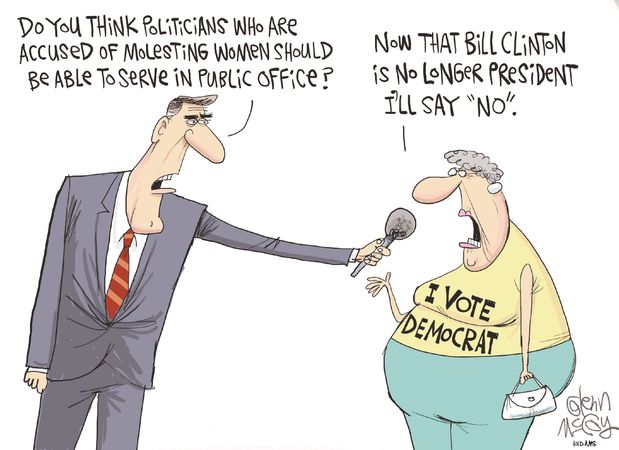The National Interest

“ 'The United States needs a new set of ideas and principles to justify its worthwhile international commitments, and curtail ineffective obligations where necessary,” argue Jeremi Suri and Benjamin Valentino, in the introduction to their edited volume Sustainable Security: Rethinking American National Security.
“Balancing our means and ends requires a deep reevaluation of U.S. strategy, as the choices made today will shape the direction of U.S. security policy for decades to come.”
"Though rarely spelled out in such stark terms, this question would appear to be at the core of America’s grand strategy debate—if such a debate were actually occurring. We should ponder why it isn’t, and therefore why an arguably “unsustainable” strategy persists. (As the economist Herb Stein famously said [7], “If something cannot go on forever, it will stop.”)
"I foresaw this problem not quite two years ago. “U.S. foreign policy is crippled,”
"I warned [8] in testimony before the Senate Armed Services Committee:
by a dramatic disconnect between what Americans expect of it and what the nation’s leaders are giving them. If U.S. policymakers don’t address this gap, they risk pursuing a policy whose ends don’t match with the means the American people are willing to provide.
"And I concluded as follows:" . . .
This Is How America Would Fight North Korea in a War "U.S. forces in the northwest Pacific are considerable, amounting to two ground combat brigades, approximately seven wings of fighters and attack aircraft, a handful of strategic bombers, an aircraft carrier, submarines, hundreds of cruise missiles and an amphibious assault task force. That already formidable force can be swiftly augmented by even more combat forces from Hawaii, Alaska, and the continental United States, including F-22A Raptors, airborne troops, and more aircraft carriers, submarines and bombers. It is a robust, formidable, adaptable force capable of taking on a variety of tasks, from disaster relief to war." . . .














